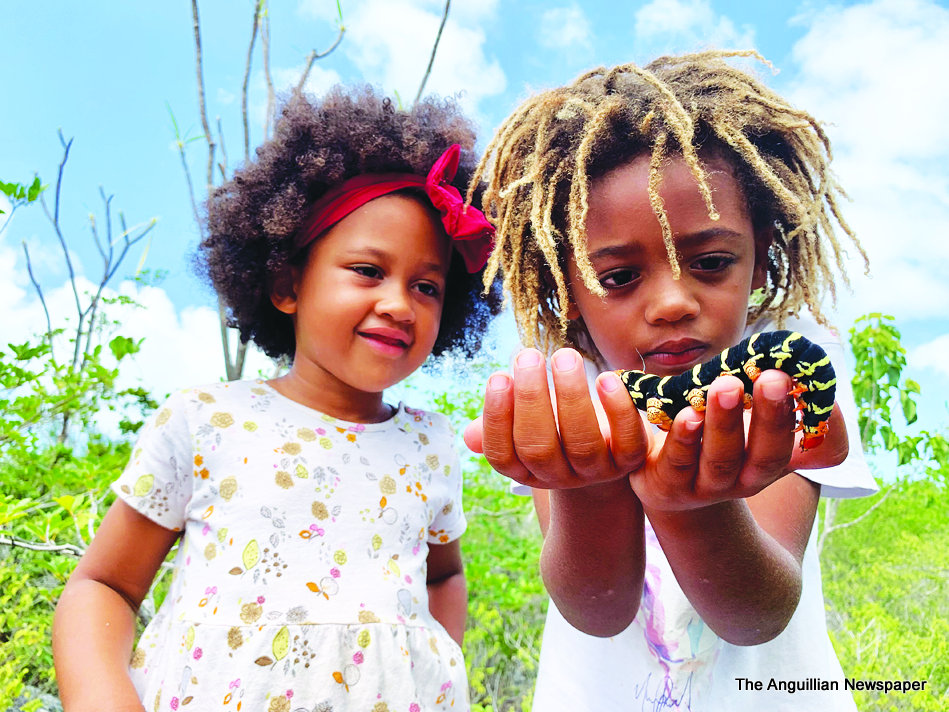
The Anguilla National Trust (ANT), Agriculture Unit-Department of Natural Resources, and Gender Affairs Anguilla, are seeking volunteers to help collect data on Anguilla’s pollinators.
Last July, the ANT, the Agriculture Unit, and Gender Affairs Anguilla, were awarded grants from the UK’s Darwin Plus Initiative, and the EU’s BEST 2.0+ funding mechanism, to better understand and conserve Anguilla’s pollinators.
Almost 90% of the world’s flowering plants, including food crops, depend on animals and insects for pollination. Despite their importance, many pollinators – especially bees, butterflies, birds, and bats – are facing major population declines. Pollinator loss can lead to the collapse of entire ecosystems and have a devastating impact on global food supplies.
As part of this pollinator project, the ANT, the Agriculture Unit, and Gender Affairs Anguilla, will be collecting information about Anguilla’s pollinators and, more specifically, the different types of pollinators, their numbers, and their range. Although ANT and Agriculture Unit staff will be conducting surveys across the island, the agencies hope to engage the public through a citizen science approach to data collection.
The public is encouraged to take photos of any and all bees, butterflies, birds, bats, and any other insect or animal, that they observe on any type of flower. Photos, along with details about the location (for example, village, specific road), can be sent by WhatsApp, or text message, to the ANT’s mobile phone number or can be uploaded directly to the Anguilla Pollinator Project iNaturalist page (using the iNaturalist app or website). Individuals submitting images do not need to be able to identify the pollinator or the plant, although they are welcome to should they know the species.
Data sourced through these efforts will represent Anguilla’s first comprehensive collection of pollinator information for the island and will help natural resource managers to better understand the status of the island’s pollinators as well as to identify any actions that may need to be taken, as a community, to ensure that they are not lost.
For more information about Anguilla’s pollinators, iNaturalist, this project, or how to participate, please contact the Anguilla National Trust by telephone at 235 5297 or by e-mail at antadmin@anguillanet.com.
– Press Release







